In the realm of Japanese art, few artists have achieved the level of admiration and reverence that Katsushika Hokusai commands. Known for his exceptional mastery of the ukiyo-e genre, Hokusai’s name is inseparably tied to his groundbreaking series, “The Thirty Six Views of Mount Fuji.” Created during the Edo period (1603-1868), this collection of woodblock prints showcases Mount Fuji, Japan’s iconic volcanic peak, in breathtaking landscapes that capture the hearts and imaginations of art enthusiasts around the world.
The Master behind the Masterpiece
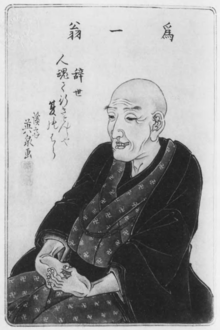
Hokusai, born in 1760, lived through a transformative period in Japanese history, experiencing significant political and cultural changes. He began his artistic journey as a painter and later ventured into the woodblock print medium, revolutionizing the field with his exceptional talent and innovative techniques. With his series, “The Thirty Six Views of Mount Fuji,” Hokusai aimed to capture the essence and enduring spirit of Japan’s most revered natural landmark.
Hokusai’s fascination with Mount Fuji was not limited to its sheer beauty; he saw it as a symbol of Japan’s identity and spiritual significance. His deep admiration for the mountain led him to depict it from various perspectives and in diverse landscapes, demonstrating the mountain’s harmonious coexistence with the surrounding world. Through his prints, Hokusai sought to evoke a sense of tranquility, awe, and the timeless power of nature.
(Left: Portrait of Katsushika Hokusai by disciple Keisai Eisen)
A Visual Journey Through Time and Seasons
“The Thirty Six Views of Mount Fuji” offers viewers an enchanting voyage through changing seasons, captivating landscapes, and vibrant colors. Each print in the series is a testament to Hokusai’s keen observation and artistic brilliance, as he skillfully portrays the mountain in different moods and settings.
Whether it’s the famous “The Great Wave off Kanagawa” or the serene “Fuji Seen through the Mannen Bridge at Fukagawa,” Hokusai’s compositions possess an inherent harmony and balance. The dynamic use of line, color, and perspective draws the viewer into the scene, creating a sense of immersion and emotional connection.
The masterful use of active brushwork and vivid hues further enhances the visual impact of these woodblock prints. Hokusai’s meticulous attention to detail, coupled with his ability to capture the essence of the changing seasons, brings each scene to life with a remarkable sense of realism. Through the interplay of light and shadow, Hokusai expertly conveys the fleeting nature of time and the ever-changing beauty of Mount Fuji.
Notable Prints in the Series
Let’s explore some of the notable prints in the series and their significance in Japanese art history.
The Great Wave off Kanagawa:
“The Great Wave off Kanagawa” is undoubtedly one of the most recognizable and iconic woodblock prints ever created. This masterpiece depicts a towering wave threatening boats in the foreground while Mount Fuji looms majestically in the background. The dynamic composition, dramatic contrast, and meticulous attention to detail make this print a true masterpiece. It symbolizes the raw power of nature and the precarious relationship between humans and the forces of the natural world.
Relevant reading: Eternal Motion: The Significance of Japanese Wave Art
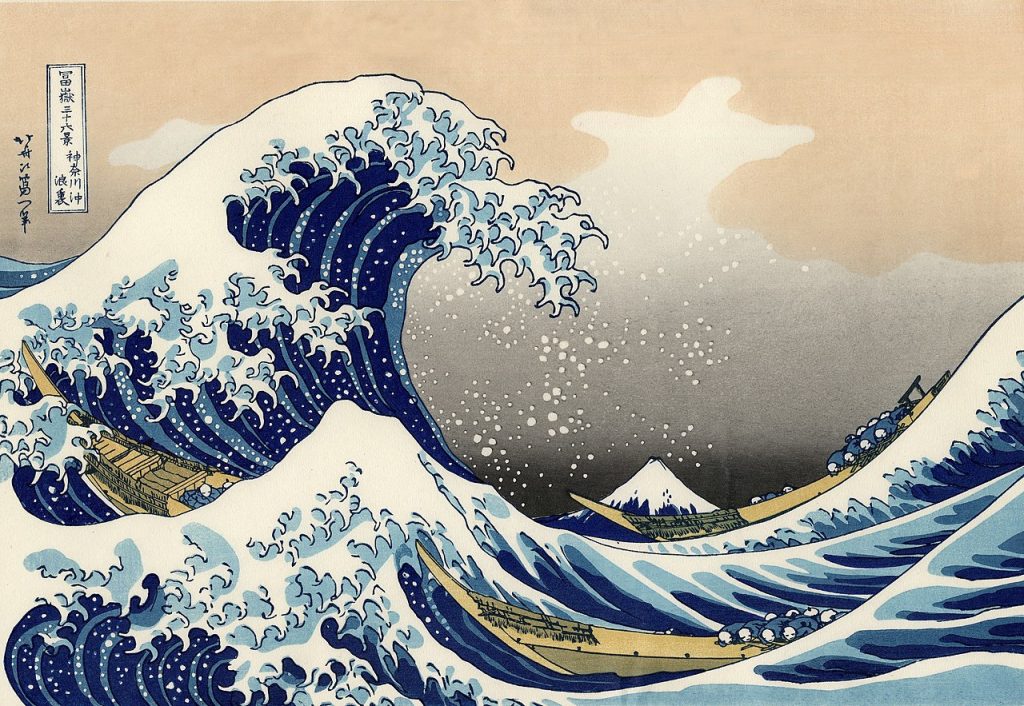
South Wind, Clear Sky (Red Fuji):
“South Wind, Clear Sky,” also known as “Red Fuji,” is another extraordinary print in the series. Hokusai skillfully captures the moment when the rising sun casts a reddish glow on Mount Fuji, creating a breathtaking scene of serenity and harmony. The print conveys a sense of tranquility, inviting viewers to appreciate the sublime beauty of nature. The unique color palette and delicate lines showcase Hokusai’s technical prowess and his ability to evoke emotion through his art.
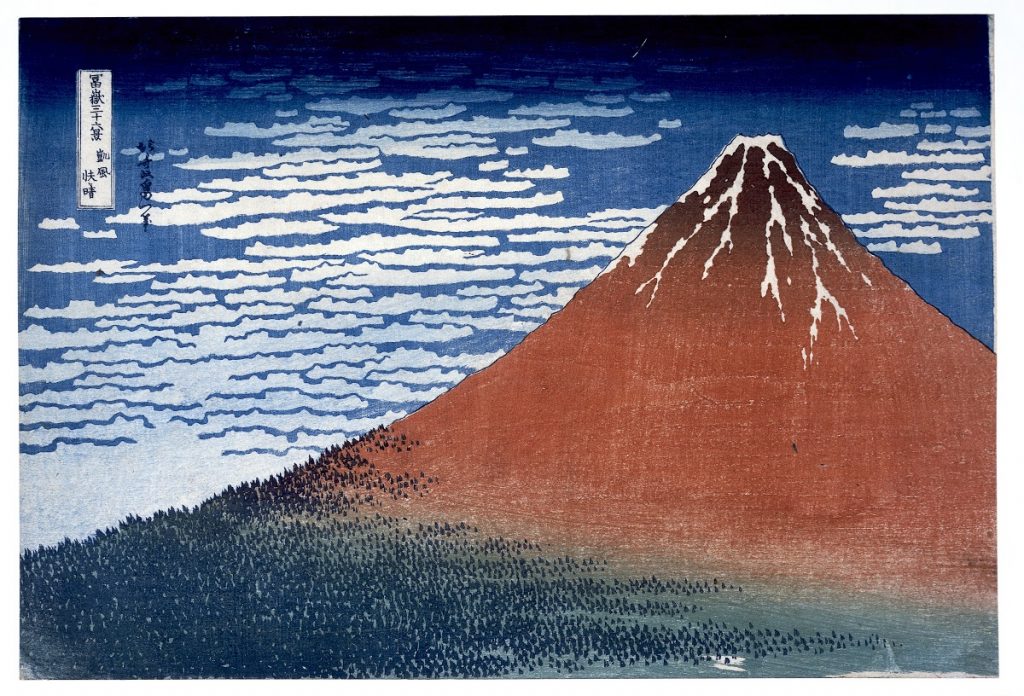
Rainstorm Beneath the Summit:
In “Rainstorm Beneath the Summit,” Hokusai captures the awe-inspiring spectacle of Mount Fuji during a powerful rainstorm. The print presents a dynamic composition with rain pouring down, obscuring parts of the mountain. The contrast between the dark, turbulent clouds and the mountain’s stoic presence adds a sense of drama and intensity to the scene. Hokusai’s masterful depiction of the atmospheric conditions demonstrates his keen observation of nature and his ability to evoke a visceral response from the viewer.
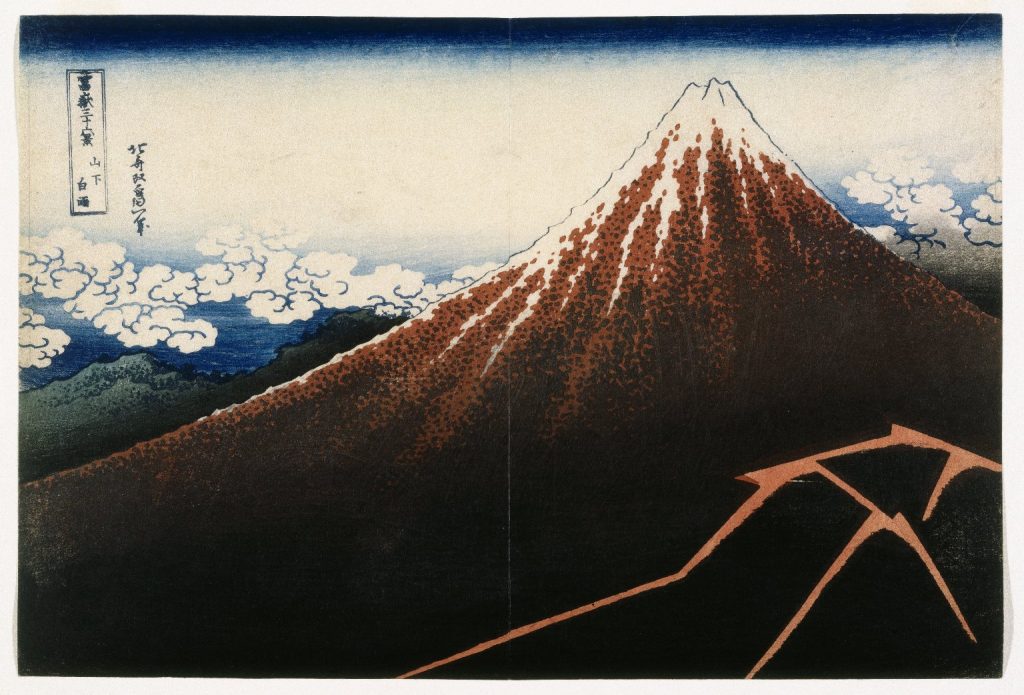
Fuji View Field in Owari Province:
This print showcases Mount Fuji as seen from the Fuji View Field in Owari Province. Hokusai skillfully combines a picturesque landscape with a vibrant display of colors to create a harmonious and captivating scene. The composition guides the viewer’s gaze from the lush foreground, with blooming cherry blossoms, towards the majestic presence of Mount Fuji in the distance. The print exemplifies Hokusai’s ability to capture the transient beauty of nature and the enduring allure of Japan’s most revered mountain.
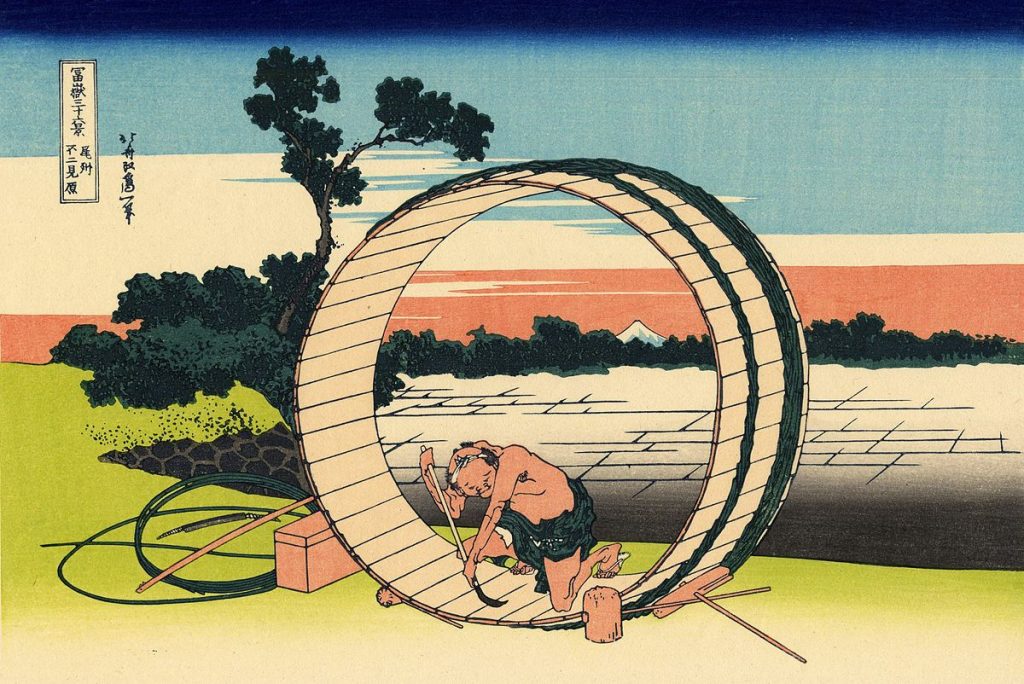
As you explore each woodblock print in “The Thirty Six Views of Mount Fuji,” you’ll be enthralled by Hokusai’s artistic brilliance and his profound understanding of the natural world. These prints continue to inspire and fascinate art enthusiasts, serving as a testament to Hokusai’s enduring legacy and his contribution to Japanese art history.
Full list of The Thirty Six Views of Mount Fuji
- The Great Wave off Kanagawa
- South Wind, Clear Sky (Red Fuji)
- Rainstorm Beneath the Summit
- Ejiri in Suruga Province
- Inume Pass in Kōshū
- Tea House at Koishikawa. The Morning After a Snowfall
- Sazai Hall of the Temple of the Five Hundred Rakan
- Under Mannen Bridge at Fukagawa
- The Kazusa Province Sea Route
- Sunset across the Ryōgoku Bridge from the Bank of the Sumida River
- Mannen Bridge and the Fukagawa Lumberyards
- The Umezawa Coast in Sagami Province
- The Owari Province: Ejiri on the Tōkaidō
- Yoshida at Tōkaidō
- Nihonbashi Bridge and Edobashi Bridge in Edo
- Senju, Musashi Province
- Ushibori in Hitachi Province
- Meguro Drum Bridge and Sunset Hill
- The Feathered Pines of Ono
- Ejiri in Suruga Province (Suruga Province and Mount Fuji)
- Tama River in Musashi Province
- Mishima Pass in Kai Province
- The Hollow of the Deep Sea Wave off Kanagawa
- Asakusa Hongan-ji Temple at Dawn
- The Amida Falls in the Far Reaches of the Kisokaidō Road
- Hodogaya on the Tōkaidō
- The Naruto Whirlpools
- Mount Fuji Reflects in Lake Kawaguchi
- Fuji View Field in Owari Province
- The Arai Barrier in Kai Province
- Snow on Mount Fuji
- The Sea off Satta in Suruga Province
- Ejiri, Suruga Province (Sunshū Ejiri)
- Hakone Lake Ashi in Sagami Province
- Yoshida at Tōkaidō (Yoshida on the Tōkaidō)
- Kinryūzan Temple and the Sea at Kanagawa
These prints showcase the diverse beauty of Mount Fuji in various settings and seasons, offering a comprehensive exploration of Hokusai’s artistic vision and his deep connection to the revered Japanese landmark.
Legacy and Influence
Hokusai’s “The Thirty Six Views of Mount Fuji” continues to inspire artists and captivate audiences worldwide, even centuries after its creation. Its enduring popularity speaks to the profound impact of Hokusai’s innovative approach and his ability to encapsulate the essence of Japan’s natural beauty.
These woodblock prints had a significant influence on the Western art movement, particularly the Impressionists. Artists like Vincent van Gogh and Claude Monet were profoundly inspired by Hokusai’s use of color, composition, and his ability to evoke emotion through landscapes. Hokusai’s work challenged the conventions of the time and opened new doors of artistic exploration.
As the decades passed, Hokusai’s prints found their way into collections and museums across the globe, becoming cherished cultural artifacts. The series has been reproduced and studied extensively, allowing future generations to appreciate the genius and creative vision of one of Japan’s most celebrated artists.
Conclusion
“The Thirty Six Views of Mount Fuji” remains an artistic triumph and a testament to Hokusai’s unparalleled talent. Through these woodblock prints, Hokusai immortalized Mount Fuji, capturing its ethereal beauty and spiritual essence for generations to come. As you explore the vibrant landscapes and intricate details of each print, you’ll find yourself transported to a world where nature and art intertwine seamlessly.
Embrace the grandeur of Mount Fuji art and experience the masterful craftsmanship of Hokusai’s Japanese woodblock prints, as these artworks continue to inspire awe and admiration across cultures and time.
Reat Next:
- 5 Best Places to See Mount Fuji: A Guide to Japan’s Majestic Peak
- 6 of the Most Prominent Mount Fuji Ukiyo-e Art Prints
- 9 Reasons for the Importance of Mount Fuji in Japanese Culture
- The Iconic Power of The Great Wave off Kanagawa by Hokusai
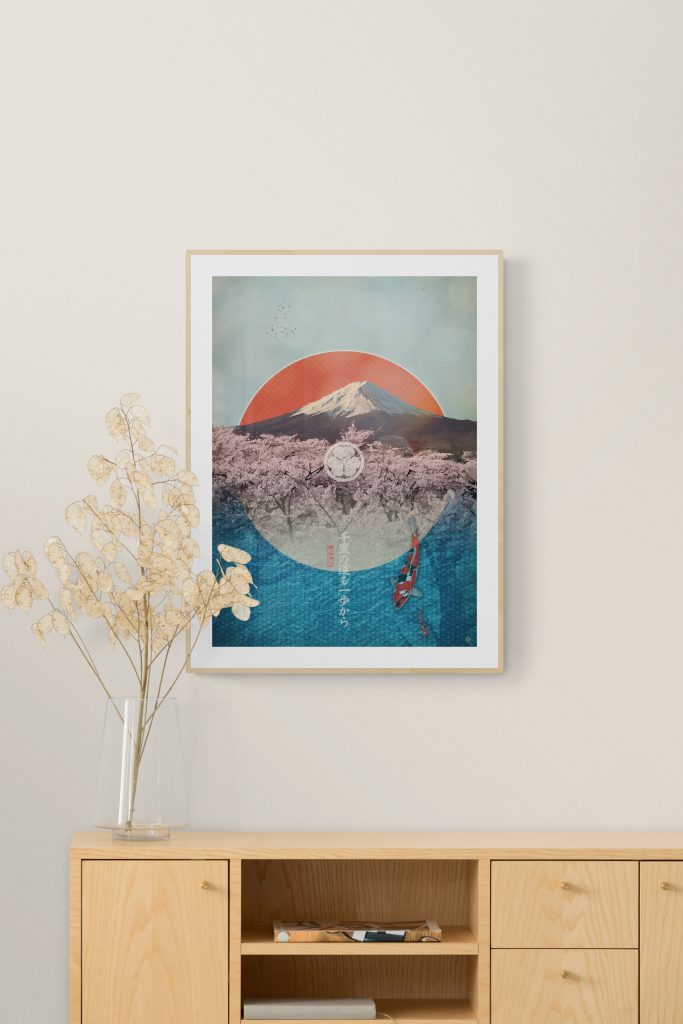
At the Art of Zen we have a wide selection of original Japanese style art prints in the ukiyo-e and Japandi style . Add some zen to your space with some art from the Art of Zen shop.
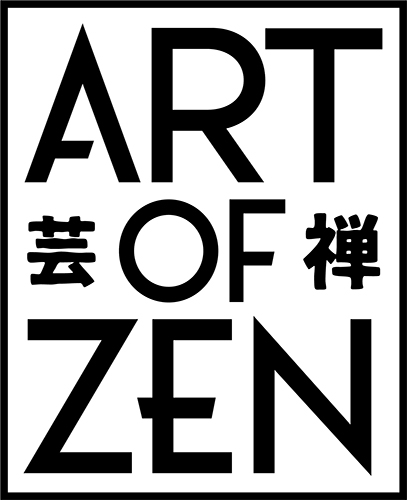

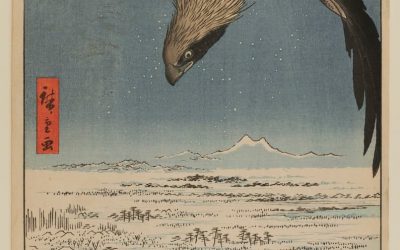

0 Comments